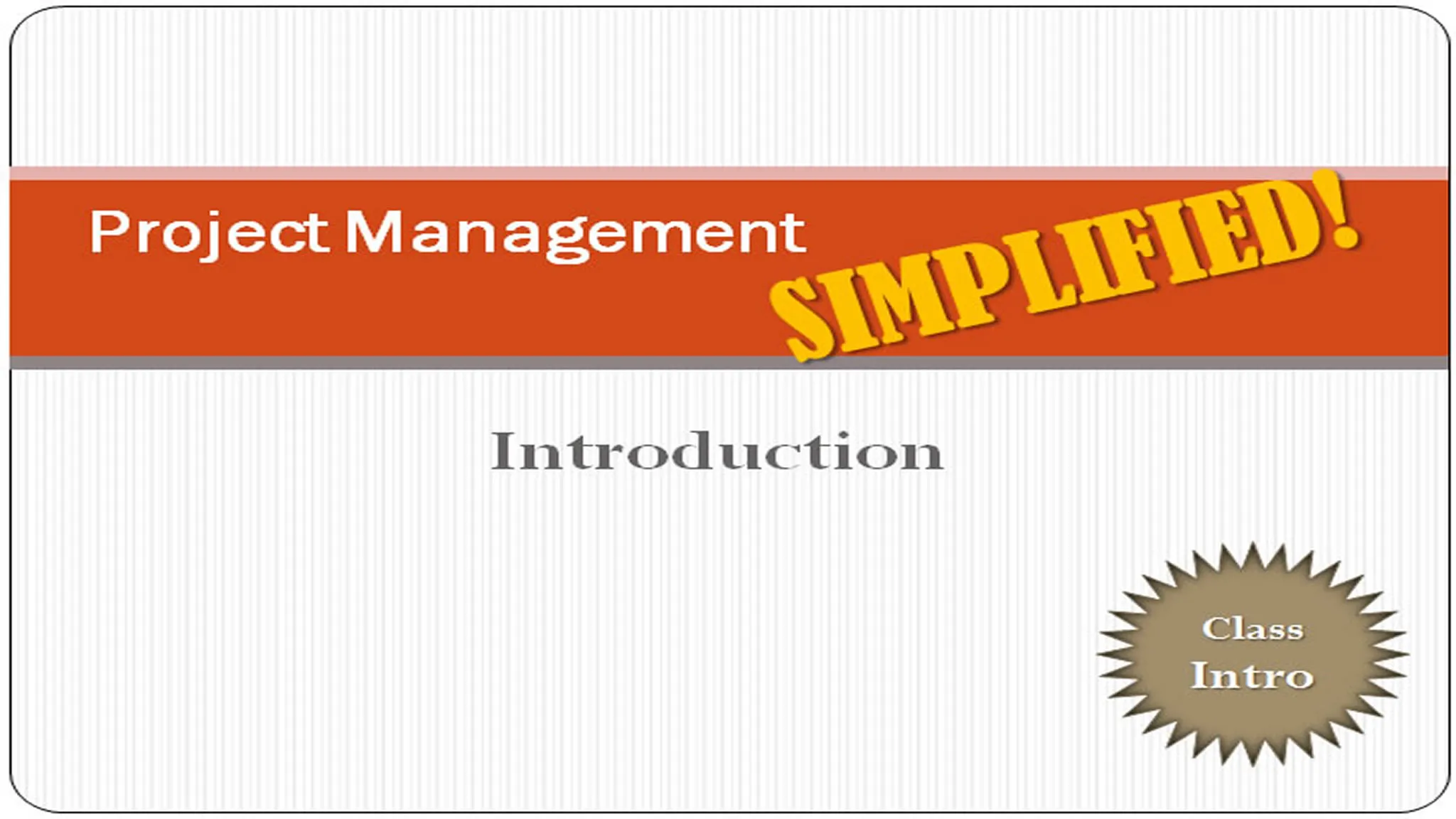
RPA & Workflow Automation: Executive Briefing 
Discover the fundamentals of RPA & Workflow Automation: Executive Briefing ▼
ADVERTISEMENT
Course Feature
![]() Cost:
Cost:
Free Trial
![]() Provider:
Provider:
Pluralsight
![]() Certificate:
Certificate:
Paid Certification
![]() Language:
Language:
English
![]() Start Date:
Start Date:
On-Demand
Course Overview
❗The content presented here is sourced directly from Pluralsight platform. For comprehensive course details, including enrollment information, simply click on the 'Go to class' link on our website.
Updated in [May 17th, 2023]
This course, RPA & Workflow Automation: Executive Briefing, is designed to provide executives with the knowledge and skills needed to understand and implement workflow automation and Robotic Process Automation (RPA). Learners will gain an understanding of the basics of business process automation with workflows, the fundamentals of Robotic Process Automation, and best practices for implementing workflow tools in their organization. They will also learn how to plan and execute the processes they want to automate. Additionally, learners will gain an understanding of the importance of online learning and skill training in order to stay up-to-date with the latest trends in automation. By the end of the course, learners will have the skills and knowledge needed to successfully implement workflow automation and RPA in their organization.
[Applications]
Upon completion of this course, participants should be able to apply the knowledge gained to identify areas of their organization that could benefit from workflow automation and Robotic Process Automation. They should also be able to develop a plan for implementing workflow tools and RPA in their organization. Additionally, participants should be able to identify best practices for successful implementation of workflow automation and RPA.
[Career Paths]
Recommended career paths for learners of this course include:
1. Business Process Automation Analyst: Business Process Automation Analysts are responsible for designing, developing, and implementing automated business processes. They must have a strong understanding of workflow tools and Robotic Process Automation (RPA) to ensure that processes are efficient and effective. This role is in high demand as organizations look to streamline their operations and reduce costs.
2. Robotic Process Automation Developer: Robotic Process Automation Developers are responsible for designing, developing, and deploying automated processes using RPA tools. They must have a strong understanding of the underlying technology and be able to develop custom solutions to meet the needs of the organization. This role is becoming increasingly important as organizations look to automate more of their processes.
3. Workflow Automation Consultant: Workflow Automation Consultants are responsible for helping organizations design, develop, and implement automated workflows. They must have a strong understanding of workflow tools and Robotic Process Automation (RPA) to ensure that processes are efficient and effective. This role is in high demand as organizations look to streamline their operations and reduce costs.
4. Business Process Automation Architect: Business Process Automation Architects are responsible for designing, developing, and deploying automated processes using workflow tools and Robotic Process Automation (RPA). They must have a strong understanding of the underlying technology and be able to develop custom solutions to meet the needs of the organization. This role is becoming increasingly important as organizations look to automate more of their processes.
[Education Paths]
The following are three degree paths recommended to learners of this course:
1. Bachelor of Science in Business Process Automation: This degree program provides students with a comprehensive understanding of the principles and practices of business process automation. Students learn how to design, develop, and implement automated workflows and robotic process automation (RPA) solutions. They also gain an understanding of the latest trends in automation technology and how to apply them to their own organizations.
2. Master of Science in Business Process Automation: This degree program provides students with an advanced understanding of the principles and practices of business process automation. Students learn how to design, develop, and implement automated workflows and robotic process automation (RPA) solutions. They also gain an understanding of the latest trends in automation technology and how to apply them to their own organizations.
3. Doctor of Philosophy in Business Process Automation: This degree program provides students with an in-depth understanding of the principles and practices of business process automation. Students learn how to design, develop, and implement automated workflows and robotic process automation (RPA) solutions. They also gain an understanding of the latest trends in automation technology and how to apply them to their own organizations.
The development trends in these degree paths include the use of artificial intelligence (AI) and machine learning (ML) to automate more complex processes, the use of natural language processing (NLP) to enable more efficient communication between humans and machines, and the use of blockchain technology to create secure and transparent workflows.
Course Provider

Provider Pluralsight's Stats at AZClass
Pluralsight ranked 16th on the Best Medium Workplaces List.
Pluralsight ranked 20th on the Forbes Cloud 100 list of the top 100 private cloud companies in the world.
Pluralsight Ranked on the Best Workplaces for Women List for the second consecutive year.
AZ Class hope that this free trial Pluralsight course can help your Business Process Management skills no matter in career or in further education. Even if you are only slightly interested, you can take RPA & Workflow Automation: Executive Briefing course with confidence!
Discussion and Reviews
0.0 (Based on 0 reviews)
Explore Similar Online Courses

F#: Automated Testing for Developers

Quantum Mechanics: Quantum physics in 1D Potentials

Project Management SIMPLIFIED

Practical Project Management for Managers and First Time PMs

Scrum Master Certification Exam Preparation

Project Management for Developers and Technical Experts

Practical Project Management Certification - Microcredential - FutureLearn

Project Management: Human Resources and Leadership - FutureLearn

Big Picture of the Projects and Beyond

Project Management Skills and Leadership Course

Prince Training - Project Management Certification - FutureLearn


Start your review of RPA & Workflow Automation: Executive Briefing